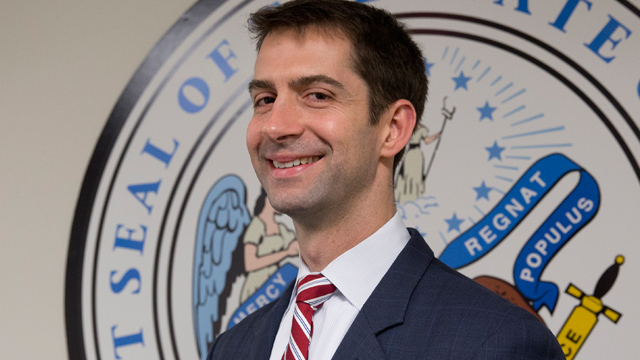This post first appeared at Center for Responsive Politics.
Big money hates the underdog. But what happens when the underdog wins? The race to make amends with the newcomer is a mad dash down K Street after every election, and recent campaign disclosures show some striking turnabouts by big-league PACs.
More than any favoritism for Democrats or Republicans, big PAC money most reliably supports the incumbent, because incumbents almost always win. Whether it’s because the incumbent is already cooperative, because it’s better to deal with the devil you know, or just out of fear of what retribution might befall a company that backs a losing challenger — and threats are not uncommon — many major PACs play it safe. In fact, in every election cycle going back to 1990, PACs have given more money to the party that controlled Congress, promptly flipping to support the new party in charge with each major shift in control.
With a notable list of upsets in the 2014 election, particularly in the Senate, disclosure filings from PACs for late 2014 show a particularly energetic effort to show support for the winners who knocked out the candidates they had invested so much in just weeks earlier. According to OpenSecrets.org data, 208 different PACs — mostly affiliated with corporations and trade associations, but also a handful of unions — made the delicate jump from financially backing the incumbent in the run up to Election Day, to cutting a check for the victorious challenger in the days and weeks afterwards.
These 208 organizations gave 17 incumbents more than $1.8 million prior to their defeats, and in the final 57 days of 2014 had already showered their replacements with $1,040,000.
Newly anointed GOP Sens. Thom Tillis (NC) and Tom Cotton (AK) were suddenly powerful magnets for PAC money: Both collected more than $100,000 in checks from PACs that had backed the incumbents in their states by the end of November. Given that the races they won were the hardest fought — Tillis’ race was the most expensive congressional race ever — it wasn’t surprising that many PACs might be caught on the wrong side of the fight and then would quickly attempt to make peace with the giant killers.
Among victorious Senate challengers, Tillis led by a mile in picking up financial support from PACs that previously backed his opponent, Democratic incumbent Kay Hagan. By the end of December, he’d collected more than $330,000 from 103 different PACs that had shelled out $485,000 for Hagan in the 2014 cycle. That’s a significant number, though less so in context: In the 2014 cycle, Hagan’s campaign had raised more than $2.8 million from 1,539 different PACs.
Cotton also ended up doing well with PACs that had backed Democrat Mark Pryor — 63 groups that gave Pryor $393,000 quickly pivoted and turned over at least $195,000 to Cotton.
Who Hopped?
Of PACs that have tried to scramble to the right side of the fence once the election results became clear, Comcast led the list both in the number of races where it jumped sides after the election and in the total amount given to incumbents prior to their defeat. In total, the cable giant’s PAC gave at least $77,000 prior to Election Day to 12 eventual losers — but made a quick recovery and gave $35,000 to the victors.
The American Bankers Association gave the most to candidates who defeated ABA-backed incumbents. The banking trade group donated $55,500 to seven defeated incumbents and then shipped more than $39,000 to the winners.
Most PACs that tried to play both sides of the fence gave far more to the incumbents than they did to the winning challengers after Nov. 4. There’s some logic to that, as they had 22 months to back the incumbents and less than two to warm up to their new friends. But in 53 instances, a PAC gave the same amount to the challenger post-election as it gave to the incumbent during the campaign. And there were 53 other cases of a PAC giving more money to the challenger after the vote than it had given to the incumbent in the entire 2014 cycle.
Many of the PACs were also not shy about changing their allegiances. On Nov. 5, the morning after the election, the National Rural Electrific Cooperative Association handed out $5,000 checks to Cotton and to Rep. Mike Bost (R-IL) who beat incumbent Democrat William Enyart. Home Depot’s corporate PAC similarly wrote $5,000 checks (the maximum for a PAC to give to a candidate in one election) to Tillis and to Rep. Richard Allen (R-GA) who knocked out Democrat John Barrow.




